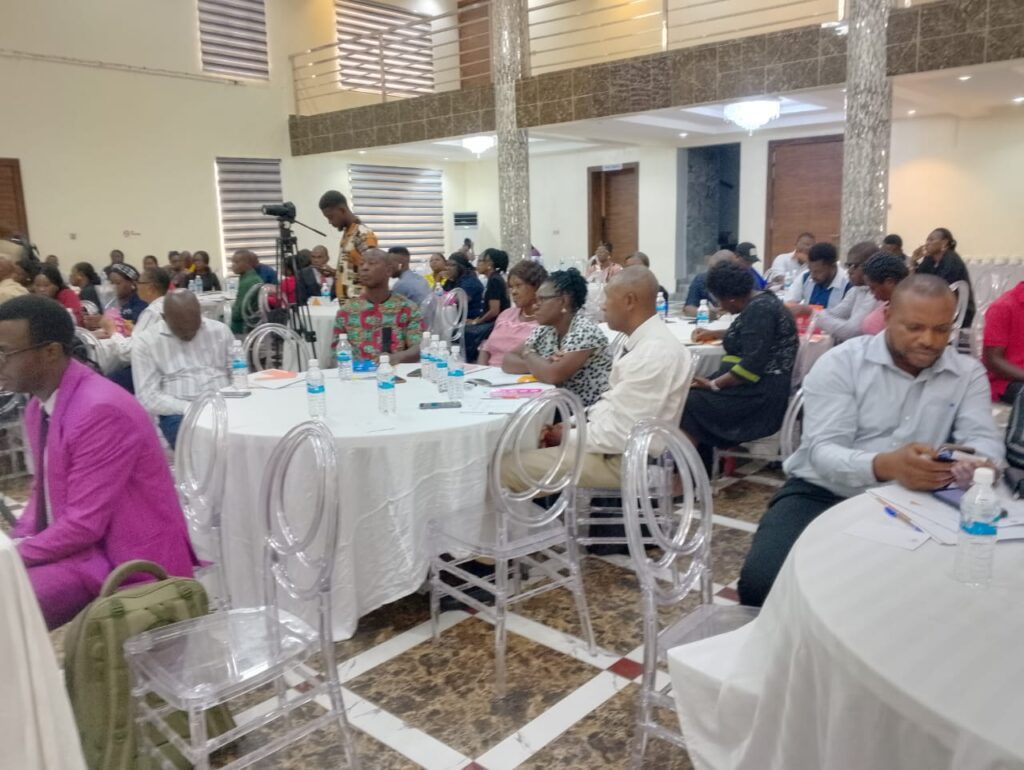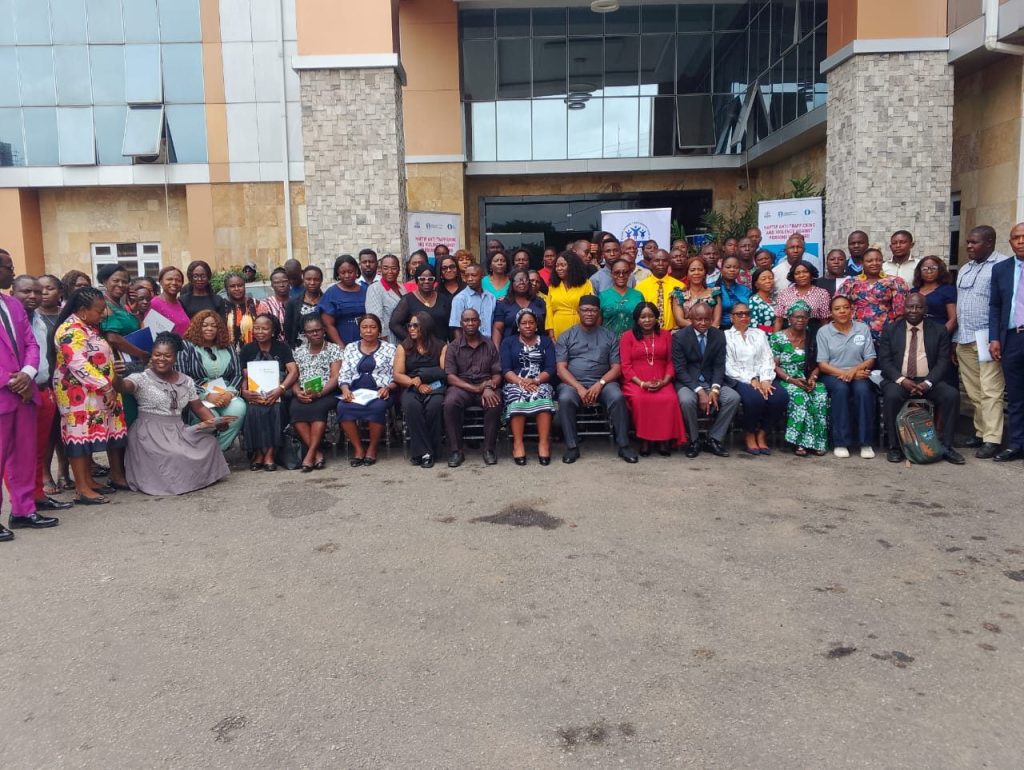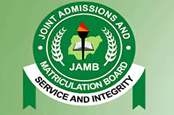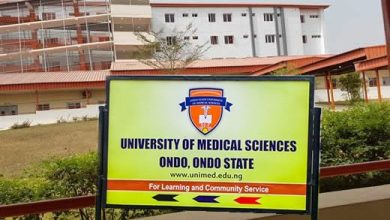Delta State Principals and Educators Trained to Combat Human Trafficking and Violence in Schools
Over 100 school leaders in Delta State have been trained to fight human trafficking and child abuse through the TIPVAP initiative, backed by NAPTIP and global partners.
With tools, peer education, and SOPs, schools are now frontline defenders in safeguarding students and spreading awareness across families and communities.
In a concerted effort to combat human trafficking and violence against children, over 100 school principals, vanguard coordinators, and education administrators in Delta State have received intensive training on the effective use of tools designed for implementing the Trafficking in Persons and Violence Against Persons Vanguards (TIPVAP).
The training session, held under the umbrella of the School Anti-Trafficking Education and Advocacy Project (STEAP), was made possible through the funding support of the Government of the Netherlands. The initiative was jointly organized by the National Agency for the Prohibition of Trafficking in Persons (NAPTIP) and the International Centre for Migration Policy Development (ICMPD).


Delivering a keynote address at the event, NAPTIP Director General, Binta Adamu-Bello, emphasized that the program was developed with the safety and well-being of school children and their families in mind. She noted that the training also indirectly benefits the biological children of the participants themselves. Speaking through Josiah Emerole, NAPTIP’s Director of Intelligence in the Research and Programme Development Department, Adamu-Bello stressed that the majority of trafficking victims in Nigeria are school-aged children.
“Many of the victims of trafficking are right here, in your schools,” she said. “That is why we established these vanguards – to protect students while they are still young and impressionable.”
She further explained that the TIPVAP initiative is a strategic tool that NAPTIP has developed over the years to engage children early and equip them with life-saving knowledge. The goal, according to her, is to encourage peer-to-peer education within school environments, allowing children to educate one another on the dangers and red flags associated with trafficking and other forms of abuse.
“These children, once informed, can take the message home to their families, increasing awareness beyond the school walls,” she added.
Adamu-Bello also highlighted NAPTIP’s impressive progress over the years, revealing that the agency has secured more than 700 convictions related to trafficking offenses and successfully rescued and reintegrated at least 26,000 victims back into society.
Speaking on behalf of the Delta State Government, the Commissioner for Justice and Attorney General, Ekemejero Ohwovoriole (SAN), reaffirmed the state’s commitment to fighting trafficking and irregular migration. Represented by the Secretary of the State Taskforce on Human Trafficking and Irregular Migration, Florence Nwanze, the commissioner thanked NAPTIP and ICMPD for selecting Delta State as one of the project’s beneficiaries.
On her part, Rose Ezewu, Delta State Commissioner for Secondary Education, acknowledged that the project had already equipped schools with Standard Operating Procedures (SOPs) and reporting mechanisms. These tools, she noted, empower school administrators to identify, prevent, and properly respond to cases of trafficking and abuse within the school system.
In a strong show of support, Rhoda Dia-Johnson, representing the ICMPD, described the training as a major step forward in the ongoing STEAP initiative. She stressed the importance of making schools safe and resilient spaces, free from the threat of exploitation.
“Every day, we see headlines of school children falling victim to human trafficking,” Dia-Johnson said. “This is a serious global issue, and unfortunately, children remain the most vulnerable. This is not a problem that exists far away it is present in our communities, and this training could not have come at a more crucial time.”
The event marked a pivotal moment in Delta State’s anti-trafficking campaign, reinforcing the power of education, community involvement, and policy development in protecting the next generation from exploitation.



